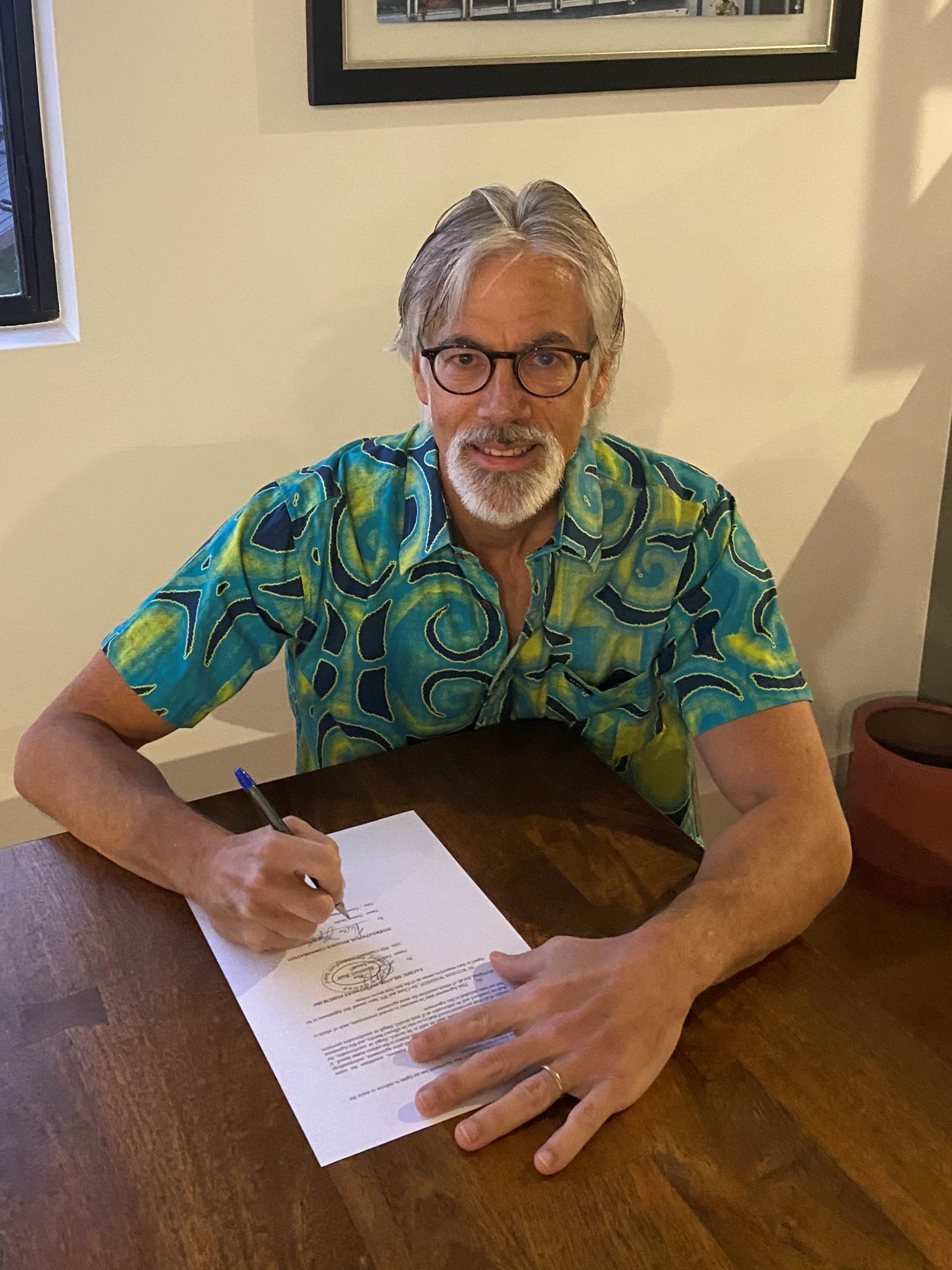The Pacific Way was coined by the late Fijian and Pacific Islands stateman, Ratu Sir Kamisese Mara, in which people of different races, opinions and cultures can live and work together for the good of all, can differ without rancour, govern without malice and accept responsibility as reasonable people intent on serving the interests of all.
The Pacific Way of doing things is not taught but is a culture in the Pacific Islands, people are always ready to help each other.
Today and in years to come, Pacific Islanders will need to work together to address the impact of COVID-19 as well as adapting to and mitigating the effects of climate change.
The pandemic has stressed national budgets of many island countries, an experience faced by governments the world all over. Governments’ capital expenditure on infrastructure that is climate resilient would be limited.
It is estimated that the Pacific will need to spend US$3.1billion a year on infrastructure until 2030, which is more than the annual budgets of most of these island nations. COVID-19, climate change and the threat of natural disasters can easily increase the capital expenses of governments beyond their reach.
The International Finance Corporation (IFC) is leading World Bank Group efforts to work with pension, provident and sovereign funds in the Pacific region to help spur investments in essential infrastructure such as telecommunications, water, financial services, transport, sustainable energy and health. IFC works in the Pacific with support from the governments of Australia and New Zealand to stimulate private sector investment and reduce poverty in the region. The funds who are members of the Pacific Islands Investment Forum (PIIF) collectively manage over US$45 billion worth of assets.
It makes sense for pension funds to co-invest in infrastructure for a number of reasons. Pension funds play such a dominant role in the financial systems of Pacific Islands, as most have assets worth more than the overall financial system in their countries. Most funds will inevitably play a broader role beyond financial returns for their members. This was quite evident during this pandemic and a survey undertaken by PIIF and IFC will provide some data on the impact of COVID-19 on funds in the region.
Co-investment brings two major benefits to funds and their members. First, investing in infrastructure will improve services and secondly, members will get better returns.
Pension funds joining forces to co-invest and invest across borders is becoming a global trend. Large funds like the Canadian funds have invested in infrastructure alongside the pension funds in Mexico or alongside the funds in India. In Kenya for example, a group of the local pension funds have come together to form a co-investment entity. IFC and the World Bank Group is bringing some of these global experiences to the Pacific.
A few funds are by regulation or legislation restricted from investing outside of their country. This primarily arose during the early stages of the funds’ existence, when they were accumulating capital, and it was important to retain that capital in the domestic economy. But now, as the funds have grown in size, limiting capital from moving outside of the country creates more risk, because they are concentrating on fewer and lesser investment opportunities.
The opportunity exists for PIIF to tap into new investment opportunities, but members must take the necessary steps to clear their own regulatory bottlenecks and figure out the best structure for the funds to channel their investments – and this is where IFC’s technical expertise can assist.
IFC is also in a position to co-invest with members of the PIIF and there are other potential co-investment partners such as the Australian Infrastructure Financing Facility for the Pacific (AIFFP).
The AIIFP is an initiative by the Australian Government to provide funding of up to AUD$2bn for high priority infrastructure in the Pacific through grants and loans.
When the time is right and a co-investment entity can be set up, the governance of these investments would also be paramount. We must ensure the interest of the members of the funds remains front and centre, the investments are set at the right level of risk, and suitable to the needs of pension fund members. Transparency too is vital so members can see how decisions are made and on what basis. It should be a case of – together forward, the Pacific way.
*PIIF Members are: Cook Islands Superannuation Fund, Fiji National Provident Fund, Kiribati National Fund, Nauru Sovereign Wealth Fund, NZ SuperFund, Ngati Awa Growth Holdings, Nambawan Super (PNG), NASFUND (PNG), Samoa National Provident Fund, Solomon Islands National Provident Fund, Tokelau Trust Fund, Tonga Retirement Fund, Tonga Retirement Fund Board, Tuvalu National Provident Fund, Tuvalu Trust Fund, Unit Trust of Fiji, Unit Trust of Samoa, Vanuatu National Provident Fund
Thomas Jacobs is IFC’s Country Manager for Australia, New Zealand, Papua New Guinea and the Pacific Islands
